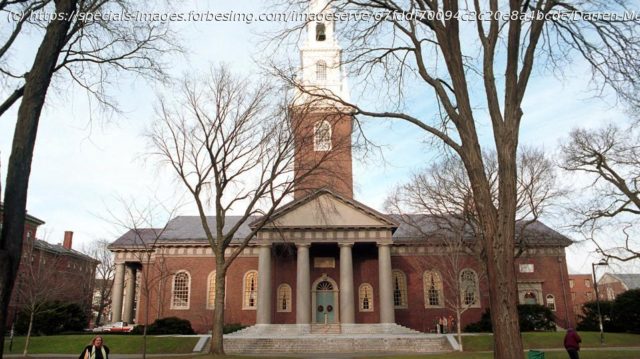Harvard University’s refusal of federal government demands shows leaders why integrity and courage matter when values are tested.
There comes a moment for every leader when the clearest sign of strength is found not in agreement, compromise, or accommodation but in the clarity and courage to firmly say no. Integrity is the key.
Harvard University President Alan Garber released an open letter today that provided an exceptional example of leadership integrity when faced with extraordinary external pressure.
Harvard’s refusal to comply with numerous demands from the U.S. Government reveals a fundamental principle too often forgotten in leadership circles: organizational integrity requires the courage of its leaders to clearly draw boundaries and defend them unequivocally.
The U.S. government’s letter was explicit. It requires Harvard to undertake several actions, which include „auditing“ the viewpoints expressed by students, faculty, and administrators, imposing disciplinary actions based on ideological positions, and restructuring admissions policies aligned with federally dictated standards.
President Garber described these actions as „direct governmental regulation of the ‚intellectual conditions‘ at Harvard“, an apparent threat not only to the University’s autonomy but also to its very purpose as an institution committed to open inquiry and intellectual freedom.
This situation finds an illuminating parallel in recent executive leadership tensions at Ben & Jerry’s.
CEO David Stever’s recent departure from the company was allegedly prompted by his outspoken support for DEI initiatives, Black Lives Matter, and Palestinian rights—stances central to Ben & Jerry’s long-established organizational identity and values but counter to parent company Unilever’s wishes.
Both conflicts highlight a profound risk. When parent companies or external stakeholders attempt to reshape or limit an organization’s expressed values, trouble will inevitably ensue. Harvard and Ben & Jerry’s scenarios demonstrate the immense pressure leaders face when external forces challenge organizational authenticity.
Harvard’s choice to decline the U.S. government’s demands has likely sent a decisive and positive message to all stakeholders in and out of the University about what truly matters regarding its core values. It’s hard to argue against the fact that Harvard University believes fervently in autonomy, intellectual freedom, and academic, if not ethical, independence.






